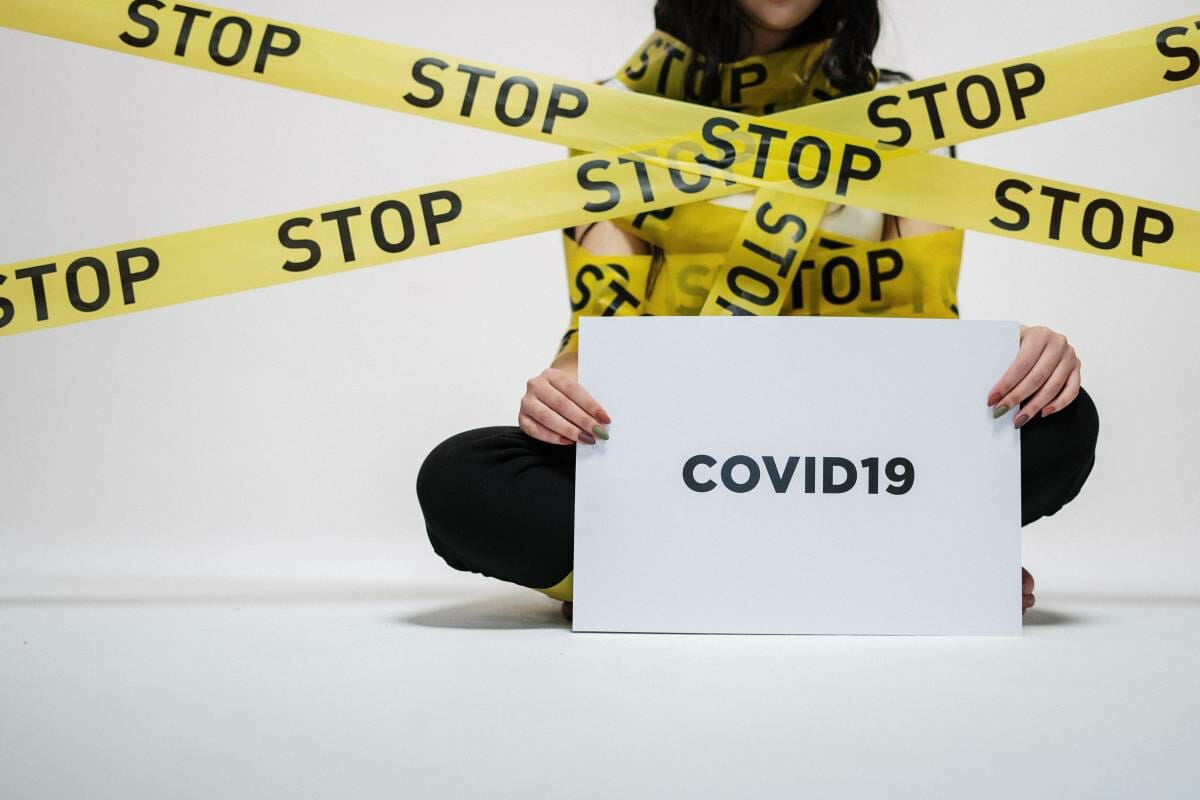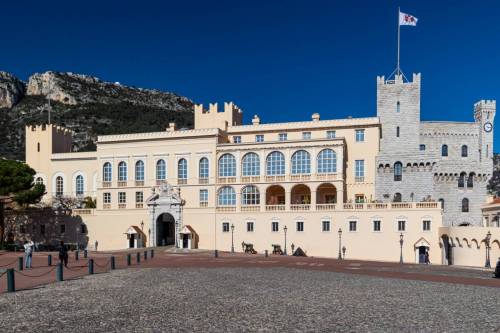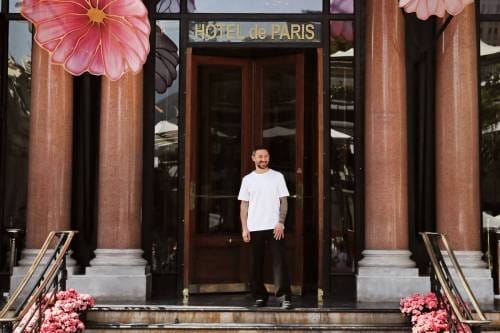France has implemented a 6pm curfew throughout the entire country, beginning on Saturday 16 January, for a period of 15 days. The new measure was announced by Prime Minister Jean Castex during his weekly address.
According to Prime Minister Jean Castex, the new curfew will allow France to avoid tougher restrictions. Currently, no department has a 7-day incidence rate lower than the target of 50 per 100,000 inhabitants. If the situation continues worsen within the coming days, France is expected to enter a full lockdown.
“Why make this decision? It appears from the data available to date that this measure has health efficiency. In the first 15 departments where the curfew was implemented at 6pm on January 2, the increase in the number of new cases is 2 or even 3 times lower than in the other metropolitan departments,” the Prime Minister said in his speech.
Schools remain open
Despite the stricter curfew, schools will remain open throughout France. Currently 300,000 tests are carried out weekly in schools as children with COVID-19 are more likely to be asymptomatic, but can still spread the virus.
According to Education minister Jean Michel Blanquer, it’s absolutely imperative to keep schools open on a case by case basis. In primary schools, cafeterias will remain open with a new health protocol. Children will be able to take away meals, again on a case by case basis. Indoor sporting activities will be prohibited until further notice. For universities, small groups will gradually return starting on 25 January.
Visitors to France
As of Monday, all visitors outside of the EU must be tested when they leave their country and will have to obtain a second test upon arrival in France. Visitors are also expected to self-isolate for 7 days after arriving in France.
Second-Wave is Plateauing and the New Strain
France was one of the first countries affected, and in a violent way, by the second COVID-19 wave which started in mid-October. The number of cases remains on a high plateau, with a weekly average fluctuating around 16,000 new cases per day.
“Our situation, I will therefore qualify it with two words: under control compared to what we observe in our neighbours; but fragile because the virus is still actively circulating on our territory; and all the more fragile with the new element of the emergence of new, more contagious strains of the virus. We are obviously monitoring these new variants very closely,” the Prime Minister said in his speech.
Vaccinations
More than 700 vaccination centres will be opened on Monday for high risk individuals. It is currently possible to make an appointment by internet or by phone at these centres. However, the Prime Minister wanted to stress that the vaccination of the first priority people will take several weeks and the average person may not be able to find a date immediately.
According to the Prime Minister, the vaccination campaign, which started at the beginning of the year, is finally offering a tangible reason for hope and a real prospect of ending the crisis. The first vaccination in France took place on December 27.
“In the first week of January, 100,000 people were vaccinated; in this 2nd week another 250,000 will be. By the end of January, I think we will be above the one million people vaccinated which was our initial target,” said the Prime Minister in his speech.
To know more about booking a vaccination, visit www.sante.fr or call 0800009110.









